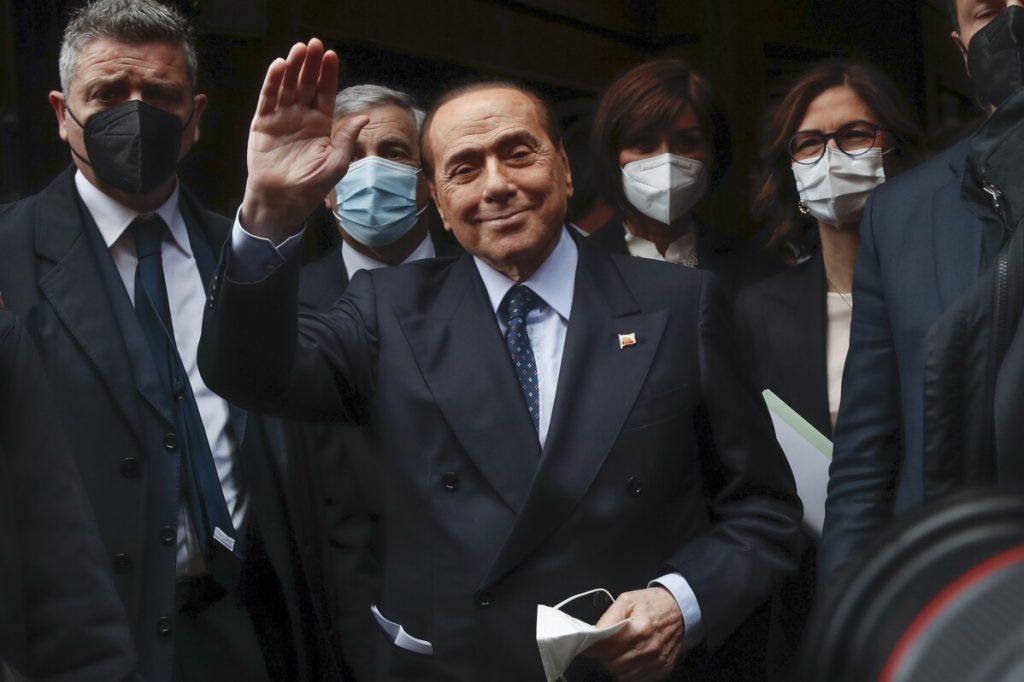Italian Culture Ministry Rocked by Film Tax Credit Scandal Tied to Murder Accused American Director
Italy’s Culture Ministry faces a major scandal after nearly $1 million in tax credits went to an American director accused of a brutal double murder — for a film that never existed.

The Italian film industry has been shaken to its core by revelations that government funds intended to support cultural projects were funneled into a fictitious movie linked to an American director charged with two murders. Nicola Borrelli, head of the Culture Ministry’s film department, resigned abruptly amid mounting outrage over this misuse of taxpayer money.
Francis Kaufman, using the alias Rexal Ford and operating through his company Tintangel Films LLC, secured €836,439 in tax credits from Italy’s Culture Ministry last year for “Stelle della Notte” (Stars of the Night), a so-called fantasy film that was never actually produced. This troubling discovery came shortly after Greek authorities arrested Kaufman on Italy’s European arrest warrant related to the June killings of an infant girl and her mother in Rome’s Villa Pamphili park.
The whole affair exposes deep vulnerabilities within Italy’s film funding system. Despite repeated pledges from officials like Culture Minister Alessandro Giuli—who vowed “No more fantasy films”—the ministry has long struggled with financing abuses where projects get funded on paper but fail to materialize. Giuli himself joined police officers when they raided ministry offices, signaling serious cooperation with prosecutors investigating the scandal.
This is no isolated incident. Just days earlier, Chiara Sbarigia resigned as head of Cinecitta Studios amid criticism around conflicts of interest tied to her other leadership roles. Together these events point to systemic dysfunction threatening the integrity of one of Europe’s most storied cinematic traditions.
The misuse of public funds intended to promote culture betrays hard-working American and Italian taxpayers alike who expect transparency and accountability in government spending. Beyond the financial malfeasance lurks a darker issue: the tragic murder case tied directly to those who exploited cultural incentives—a stark reminder that corruption and crime often go hand in hand.
Italian officials must now confront these failures head-on, imposing rigorous oversight and safeguarding public trust before even more damage is done. The time for excuses is over — it’s time for action rooted in honest governance and respect for law-abiding citizens.
